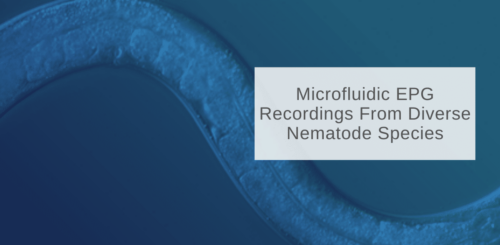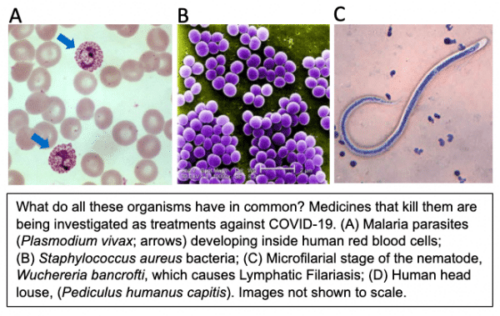
Microfluidic EPG Recordings From Diverse Nematode Species
The InVivo Biosystem ScreenChip platform was developed for C. elegans, which is a free-living (non-parasitic) species that feeds on bacteria and has both hermaphroditic and male sexes. However, C. elegans represents only one of the estimated 1 million members of the highly diverse phylum Nematoda, of which only ~25,000 species have been described. In addition to free-living species, other nematodes parasitize humans, animals or plants, with significant medical, veterinary and economic consequences. To demonstrate the utility of microfluidic EPG recordings from species beyond C. elegans, we adapted the platform to record from human and animal parasites, male and female members of a dioecious species, and a carnivorous nematode.




